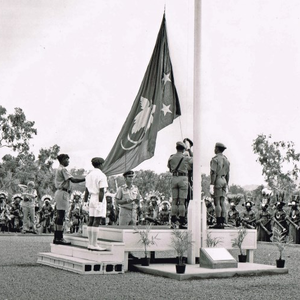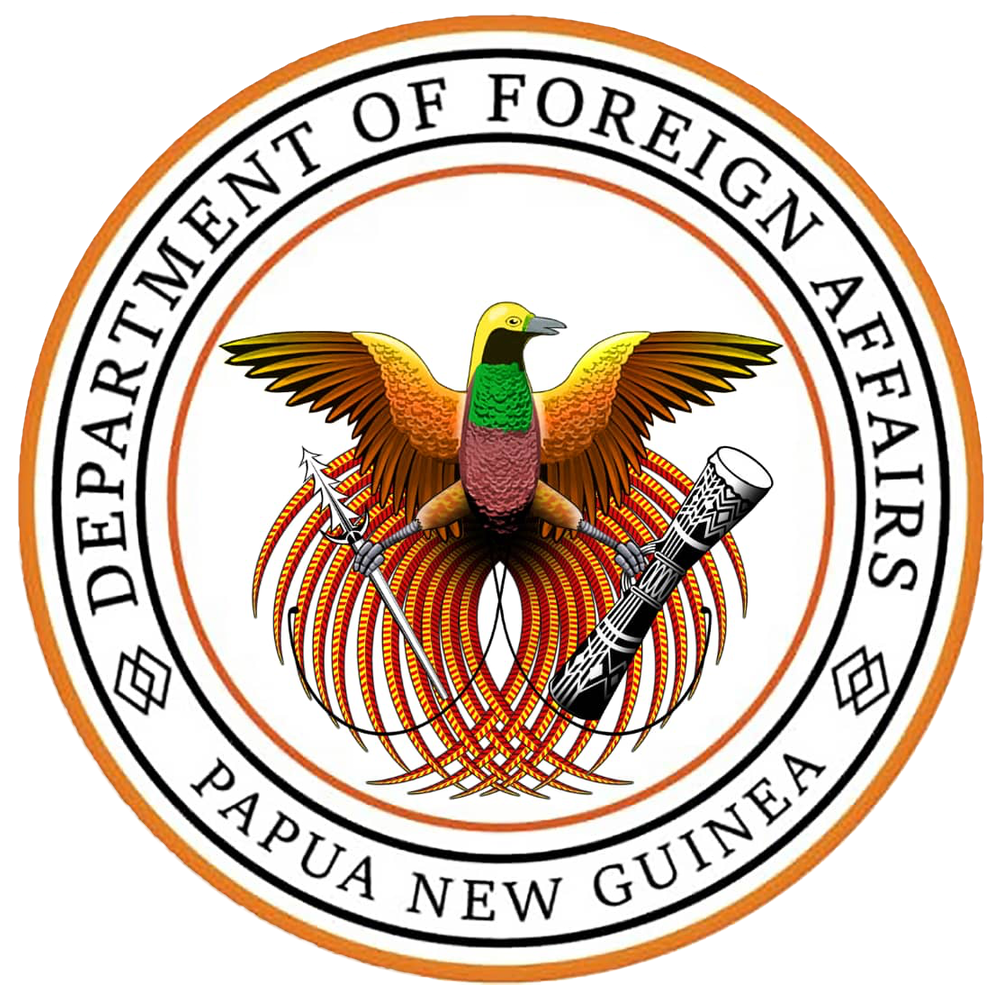About PNG: Media and Publication
The media and publication sector in Papua New Guinea (PNG) is diverse and plays a crucial role in shaping public discourse, fostering information dissemination, and contributing to the democratic fabric of the nation. The sector encompasses a range of media outlets, including newspapers, radio, television, and online platforms, reflecting the country's cultural diversity and geographical complexities.
Print media remains a significant component of the sector, with newspapers providing news coverage, analysis, and opinion pieces. Publications cater to a diverse readership, addressing both urban and rural audiences. However, challenges such as distribution logistics and the vast geographic spread of the country can impact the reach of print media in some regions.
Radio is a widely accessible and influential medium in PNG, especially in remote areas where other forms of media may have limited reach. The country has a mix of government-owned and private radio stations, broadcasting in multiple languages to serve the diverse linguistic landscape. Radio plays a vital role in disseminating information, promoting local content, and facilitating community engagement.
Television has also gained prominence, with both public and private broadcasters offering a variety of programs. Television serves as a platform for news, entertainment, and educational content. The medium has the potential to reach a broad audience, contributing to cultural exchange and national cohesion.
The emergence of digital media and online platforms has transformed the media landscape in PNG. The internet and social media provide avenues for real-time information sharing, citizen journalism, and interactive engagement. However, challenges related to internet access and digital literacy persist, particularly in remote areas with limited connectivity.
Media ownership and regulation are key considerations in PNG's media sector. While there is a mix of public and private ownership, concerns about media concentration and independence have been raised. The government plays a role in regulating the media industry, and discussions about the balance between media freedom and responsible journalism are ongoing.
Freedom of the press is a crucial aspect of PNG's media environment, and the country generally upholds the principles of a free and independent media. Journalists and media practitioners contribute to public discourse, investigative reporting, and holding institutions accountable. However, instances of self-censorship and concerns about media pluralism underscore the complexities in ensuring a vibrant and diverse media landscape.
Media literacy and training are areas of focus to enhance the professionalism and ethical standards within the sector. Efforts are made to build the capacity of journalists, improve editorial practices, and foster a culture of responsible reporting. Media organizations and training institutions collaborate to address skill gaps and promote media excellence.
The media sector in PNG faces financial challenges, including issues related to sustainability and revenue generation. Advertisements and sponsorships are primary sources of revenue for many media outlets, and economic fluctuations can impact the sector's financial viability. Diversification of revenue streams and exploring innovative business models are considerations for ensuring long-term sustainability.
The role of the media in national development and social cohesion is widely acknowledged in Papua New Guinea. Media outlets engage in public awareness campaigns, advocate for social issues, and contribute to the democratic process.
Ongoing dialogue between stakeholders, including government, media organizations, and civil society, aims to address challenges and foster a media environment that reflects the diverse needs of the Papua New Guinean population.

